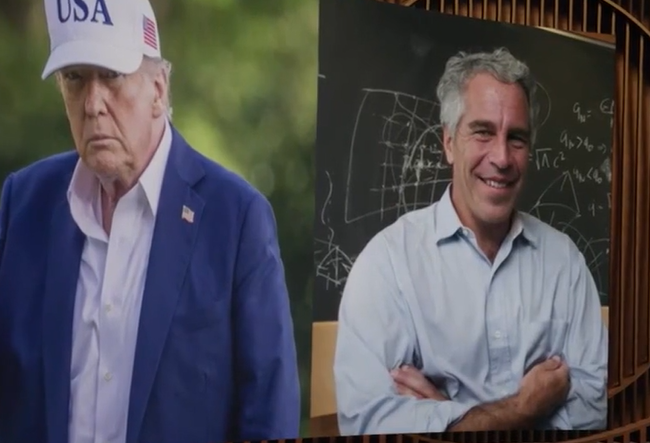In a bold and controversial move, President Donald Trump has directed Attorney General Pam Bondi to seek the release of grand jury testimony related to Jeffrey Epstein, the late financier and convicted sex offender. The directive, announced on Thursday, July 17, comes amid mounting public pressure for transparency regarding Epstein’s alleged network and the circumstances surrounding his death.
Houston Mourns the Loss of Raphael Rogers: A Shining Star Gone Too Soon
Trump Calls for Transparency on Truth Social
In a post on Truth Social, Trump stated that he had instructed Bondi to “produce any and all relevant grand jury testimony,” subject to court approval. He described the lingering debate over Epstein’s connections and death as a “scam pushed by Democrats”, suggesting that full disclosure is necessary to put the issue to rest.
Attorney General Bondi later confirmed the Department of Justice would formally request a judge’s permission to release the confidential material.
Who Was Jeffrey Epstein?
Jeffrey Epstein was a wealthy financier with connections to numerous influential figures, including celebrities, political leaders, and royals. He was arrested in 2019 on charges of sex trafficking minors, but died in federal custody in August 2019 before his trial could proceed. His death, officially ruled a suicide, has been the subject of intense speculation and conspiracy theories due to the suspicious circumstances.
Epstein’s longtime associate, Ghislaine Maxwell, was later convicted for her role in operating the trafficking ring.
Timeline and Context
Over the years, the U.S. government has faced criticism for its handling of the Epstein case, especially regarding sealed information and Epstein’s connections. A recent DOJ and FBI memorandum acknowledged that Epstein maintained a so-called “client list” but claimed there was no evidence of blackmail attempts involving prominent figures.
This document sparked backlash from many Trump supporters who had expected more explosive revelations. Trump’s push to declassify grand jury testimony appears to be aimed at appeasing parts of his political base still demanding deeper investigations into high-profile individuals allegedly tied to Epstein.
Political and Public Reactions
Reactions to Trump’s order have been swift and polarized.
- Critics accuse him of trying to divert attention from other controversies.
- Supporters, especially conspiracy-focused voices on the right, view this move as a long-awaited step toward uncovering hidden truths about Epstein’s network.
Several Republican leaders have publicly supported the release and called for the appointment of a special prosecutor to further probe the matter.
Legal Challenges Ahead
Despite Trump’s directive, releasing grand jury material is legally complex. Under federal law, such testimony is typically kept secret unless a judge determines its release is warranted for public interest or justice.
Former federal prosecutor Lisa Mitchell noted that “this is a highly unusual step, and judges rarely grant such requests unless exceptional circumstances are clearly met.”
At this time, the specific contents or individuals involved in the grand jury proceedings remain undisclosed.
What Happens Next?
The Department of Justice is expected to file a formal motion in federal court requesting release of the grand jury documents. However, it may take weeks or even months before a judge rules on the matter.
Until then, speculation will likely continue to grow, with both political sides pushing narratives around what the Epstein testimony could reveal — and whom it might implicate.
Conclusion: A Move That Could Shake Washington
President Trump’s order to unseal Epstein-related grand jury testimony could have far-reaching consequences, depending on what is ultimately released. The decision now lies with the court — and the outcome may reignite old controversies or settle long-standing suspicions.
As the legal battle unfolds, calls for transparency, accountability, and justice for Epstein’s victims remain at the heart of public discourse.

